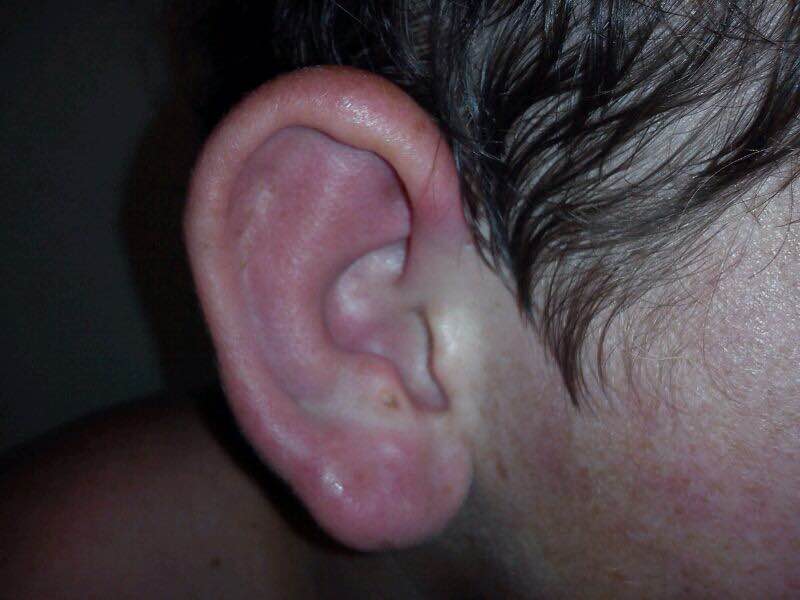U.S. News
Central Florida New Epicenter of Leprosy in U.S. - CDC Report
By Jake Beardslee · August 1, 2023
In brief…
- Leprosy cases are rising in central Florida, which accounted for 1/5 of new US cases in 2020.
- CDC says doctors should consider leprosy when diagnosing patients with rashes and swelling.
- Leprosy, while historically common in India and Brazil, is now appearing in Florida residents with no travel history.

Central Florida has become a hotspot for leprosy cases in the United States, with one-fifth of all new cases reported in the region, according to the Centers for Disease Control and Prevention (CDC). While historically common in India and Brazil, leprosy is now being identified in Florida residents without travel history to those areas.
The CDC advises doctors to consider testing for leprosy in patients with rashes and swelling. In 2020, 159 cases were reported in the US, with a disproportionate number originating in central Florida. The concern during this year’s outbreak is that most cases seem to have been acquired within the U.S., not through foreign travel.
Dr. John Sinnott, Chair of Internal Medicine at the University of South Florida, noted the immense suffering and social stigma faced by leprosy patients. While 95% of people are genetically immune to the disease, the recent uptick in cases is troubling and demands investigation, Dr. Sinnott told Fox News.
Leprosy spreads through prolonged close contact between individuals. Casual transmission is low, but exposure to armadillos may also play a role, as many US patients carry a strain found in these unusual mammals.
Dr. Sinnott urges doctors in other states to investigate possible links to Florida when encountering leprosy cases. Early detection is crucial, as leprosy is curable if caught early, but can cause permanent nerve and limb damage if left untreated.
Increasing awareness and early recognition of leprosy will be vital in containing its spread. Authorities and healthcare professionals must remain vigilant to prevent further cases and mitigate the impact of this ancient disease in modern times.